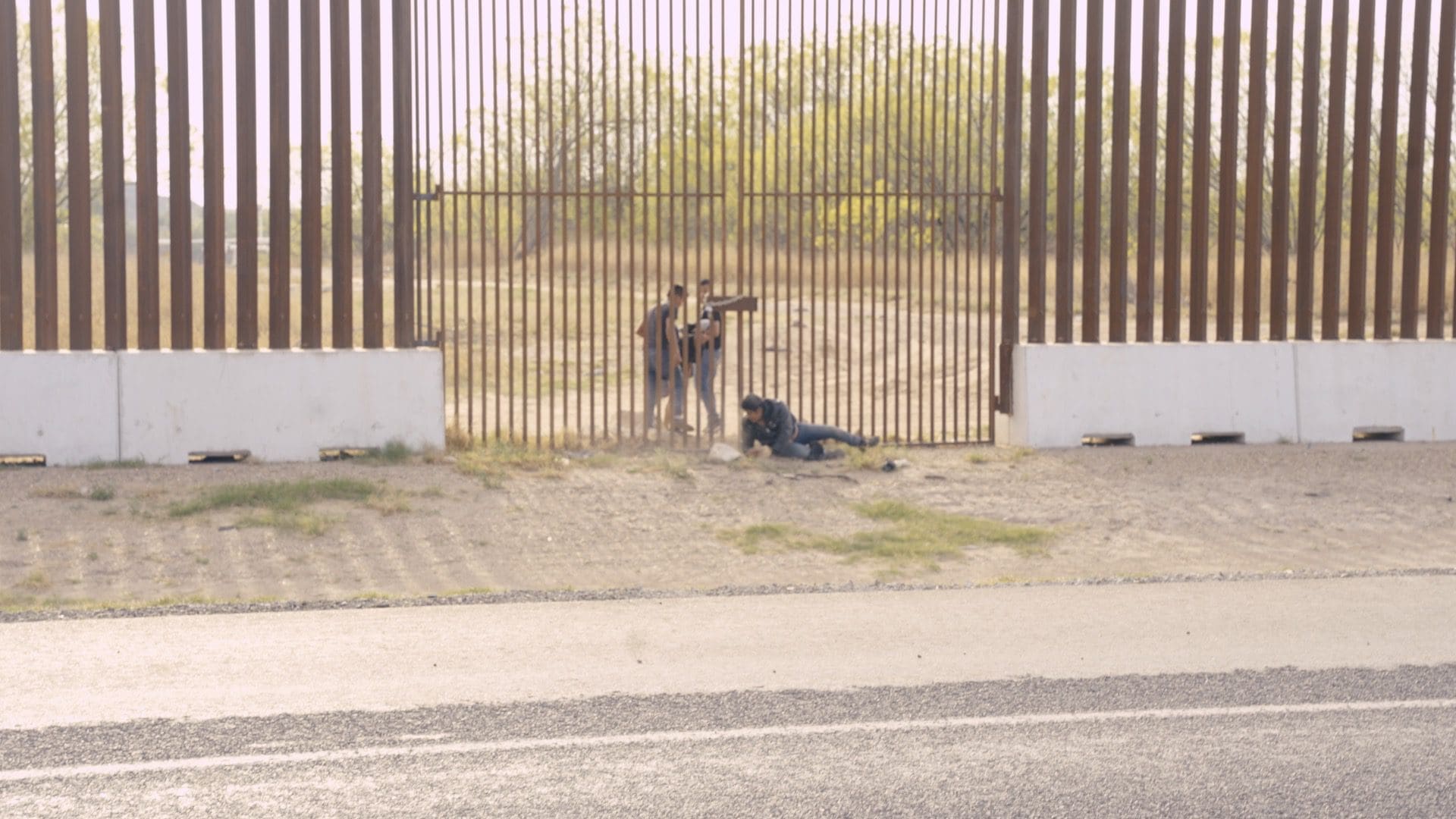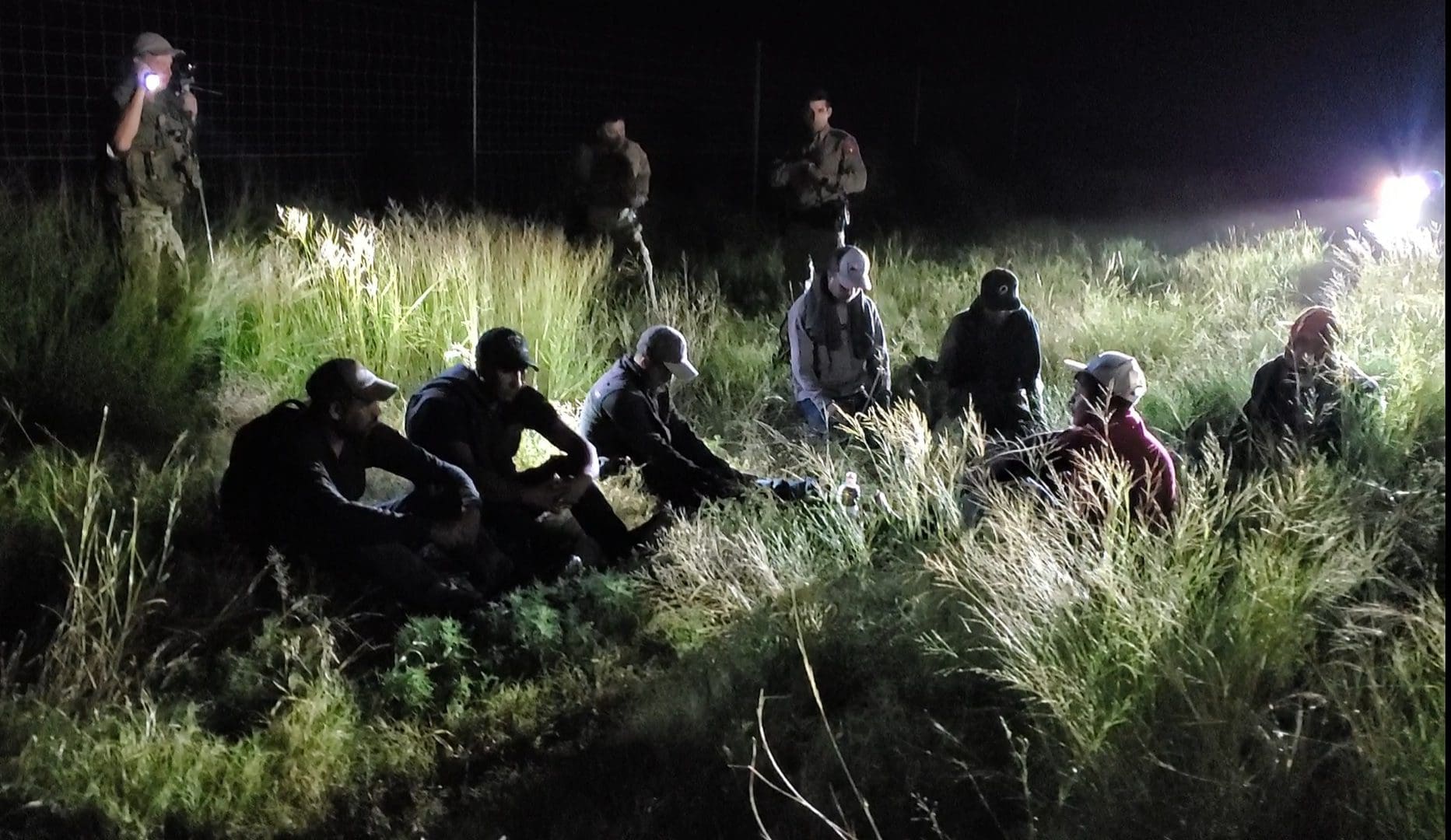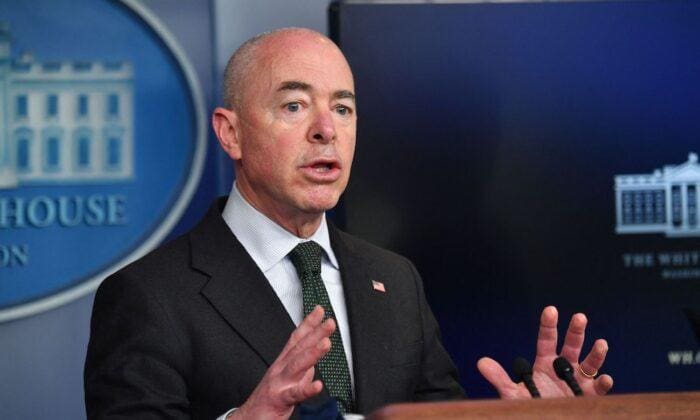In the early hours of Wednesday morning, the Texas Senate passed landmark border security legislation but still failed to include provisions for the state to repel illegal border-crossers.
According to State Sen. Brian Birdwell (R–Granbury), the Senate’s committee substitute to House Bill 7 “will enhance border security operations, provide more tools to law enforcement and prosecutors, and increase the safety of our border regions in Texas.”
However, Texans for Strong Borders President Chris Russo told Texas Scorecard, “The new mission scope is very much a continuation of Operation Lone Star, which has done little to reduce the number of illegal crossings into our state.”
CSHB 7 funds border security costs, including providing border region courts with the necessary resources for dealing with border-related offenses, supplying law enforcement with new tools and technology to combat the cartels, and creating a state border security force under the Texas Department of Public Safety.
Birdwell has included the following changes to CSHB 7:
- Language from Senate Bill 2424 authorizing state law enforcement to arrest and prosecute illegal aliens who have crossed the Texas-Mexico border illegally.
- Language from Senate Bill 600 to increase minimum sentencing for human smuggling offenses to 10 years.
- Rather than create a new Border Advisory Council as suggested in House Bill 3782, CSHB 7 instead will expand the existing group within the secretary of state’s office, which already addresses border security.
- Authorization for the governor to coordinate, develop, and execute agreements with the United Mexican States in the interests of border security.
- Provisions on technology enhancement for border operations, instructing DPS to purchase and deploy technology and equipment to supplement the border forces’ operations.
The most notable changes to CSHB 7 have to do with the creation of the Texas Border Force.
The Texas Border Force will be established under the Texas Rangers division of DPS, and the chief of the Texas Rangers will also serve as the chief of the Border Force. Currently, the chief of the Texas Rangers oversees programs including the border security operations center, the joint operation and intelligence centers, and the drawbridge program (cameras that monitor illegal crossings and send photos to law enforcement).
Birdwell said, “The operational duties of the Border Force may include law enforcement operations, intelligence gathering, analysis and dissemination, surveillance and detection of criminal activity, interdiction of individuals committing criminal activity, coordination of local, state, and federal agencies conducting border operations, and training and education programs for their professional development of employees and agency partners in carrying out border security operations.”
The Texas Border Force will include both officers and administrative employees. Additionally, DPS is authorized to enter into agreements with the Texas Military Department to employ military service members as full-time contract employees. DPS Human Resources is already equipped to hire and train personnel within this department.
Additionally, Birdwell removed the provision from the House version of HB 7 that required the state border force to get permission from local counties to operate in border regions.
Despite the creation of the Texas Border Force, the measure is noticeably lacking in authorization for the state to repel illegal aliens or criminal cartel members in the event of an invasion declaration.
“One of the most successful operations Texas has run to date was on the evening that Title 42 expired, when the Texas Tactical Border Force lined up along the river behind concertina wire and actively repelled entry near Brownsville,” said Russo. “This forced many migrants to seek another route to enter the country. This sort of tactic was the explicit mission of the new Border Protection Unit.”
Securing the Border and Protecting Texans is one of the GOP’s legislative priorities for the 88th Legislative Session, which ends May 29.
No ads. No paywalls. No government grants. No corporate masters.
Just real news for real Texans.
Support Texas Scorecard to keep it that way!





